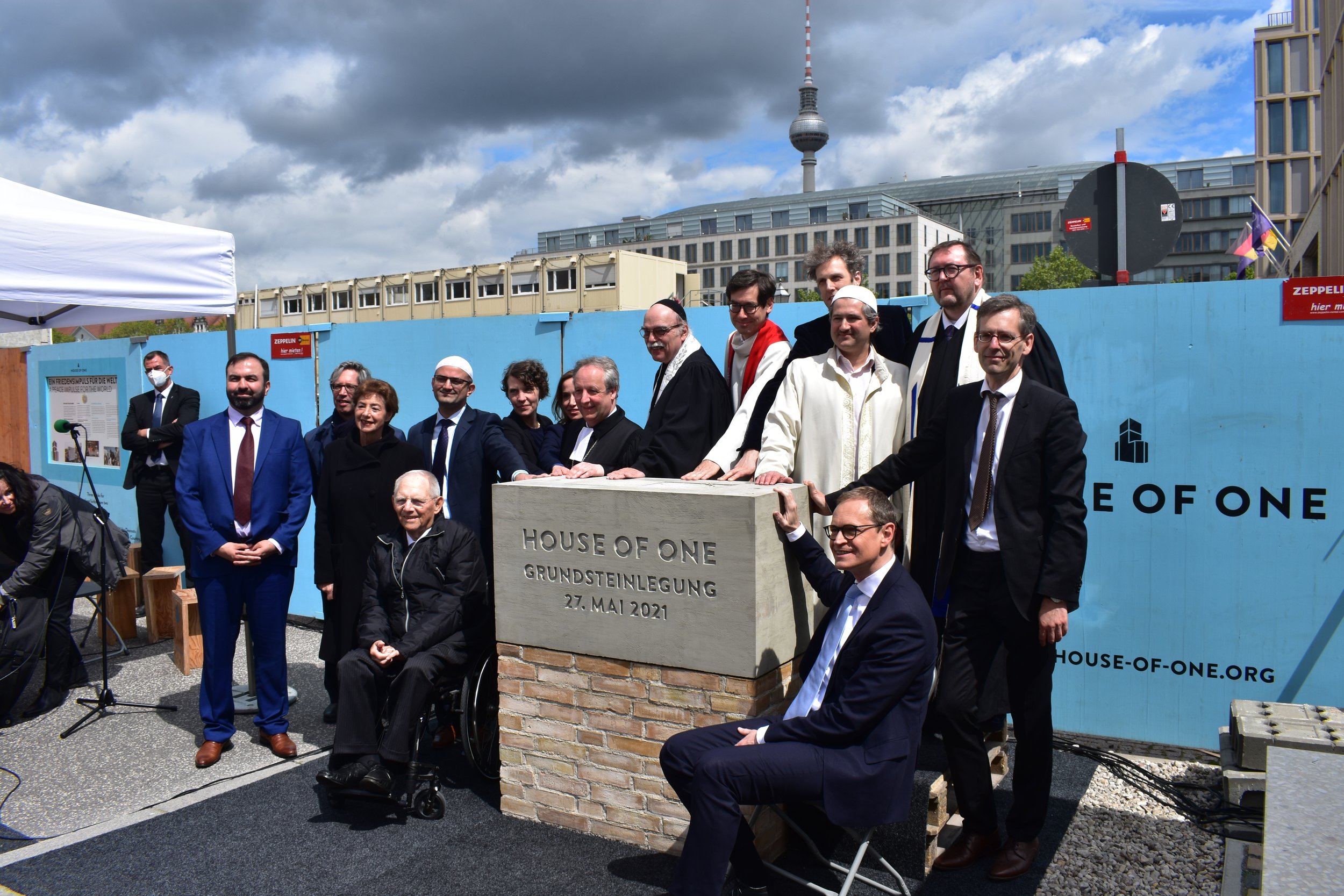The Christmas market attacks in Magdeburg — and the heated political atmosphere that followed — have stressed a range of issues ahead of Germany’s snap elections on February 23.
Voters across Europe’s largest economy are concerned about domestic security, immigration, upholding the rule of law and strengthening democracy against perceived enemies within and without.
An important aspect of this equation is how followers of Germany’s various religious communities might work to address these concerns together.
With a total population of nearly 85 million, there are an estimated 23 million Catholics (27 percent), 21 million Protestants (25 percent) and nearly 5 million Muslims (5.7 percent). There are also smaller populations of evangelicals (2 percent) and Orthodox Christians (1.9 percent), as well as Jews, Buddhists, Jehovah’s Witnesses, Hindus, Yezidis, members of The Church of Jesus Christ of Latter-day Saints, Pagans and Sikhs. Notably, 44 percent of Germans (or 37 million) claim no religious affiliation, but may practice some form of spirituality or hold some kind of enchanted worldview.
In my latest for Interfaith America, I explore how members of these various groups work together — or against one another — is of great importance for the future of plural, open societies like Germany.


